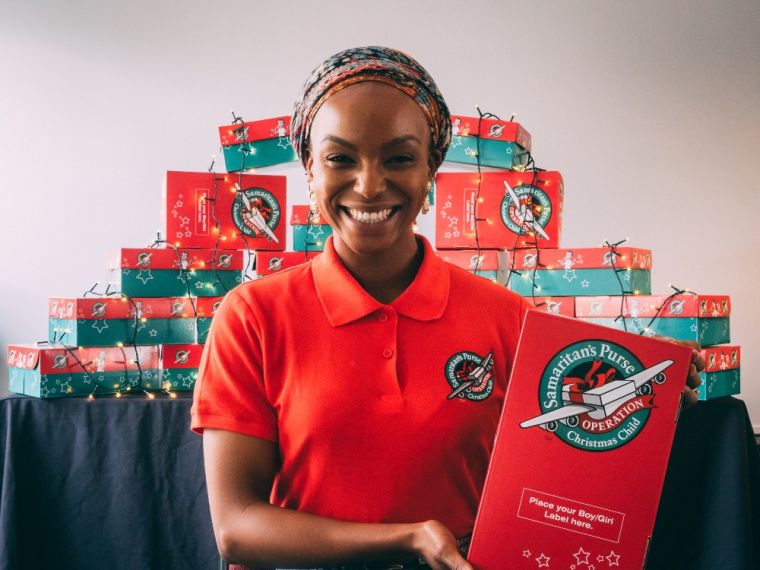Mirroring the Magi: why generosity to children is key to the spirit of Christmas

Picture the scene. A poor family with a pregnant mother trek 90 miles and climb hills for five days in brutal heat. They have no car, little money and all of the hotels are full. Eventually, they arrive in their destination city but have to settle for spending the night in a stable, surrounded by animals. Suddenly, the mother goes into labour and the panic begins. Yet in the midst of the chaos and despite the less-than-ideal circumstances, a beautiful baby boy is born.
The birth of Jesus Christ is arguably the most famous story ever told. Covid-permitting, nativities are back this year and the shepherds, angels and wise men will be returning to schools and churches across the country (get those tea towels ready parents!). One of the most established parts of the nativity tale is the gifts, commonly thought to have been delivered by three wise men, otherwise known as the Magi.
These characters brought three gifts – gold, frankincense and myrrh – and presented them to the baby Jesus. At the very start of the gospels, right at the beginning of Jesus' life, we see generosity, kindness and love being demonstrated to children.
Fast forward 2,000 years and gifts are very much still a key theme of Christmas. The special offers, discounts and frenzy build up to the climax of Christmas Day when children (and adults!) across the world see their festive dreams come true. What started out as gifts for a child in a Middle-Eastern stable has become inspiration for the biggest commercial season of the year, with billions of pounds spent and millions of gifts exchanged worldwide.
But there is one important difference between gift giving at Christmas today and at Christmas 2,000 years ago – the Magi were not buying gifts for their own children, or even for a child that they knew well. It is quite possible that they were not even from the same country as this baby that they had never met before. How many of us do that today?
Generosity towards others is an essential part of the Christmas story. Jesus was from a poor family, especially by today's standards, and was about to become a child refugee. But that did not stop the Magi sharing gifts with a child who otherwise would not have received any.
Unfortunately, poverty has remained a problem over the last two millennia, and indeed in many countries is becoming more pronounced, with children disproportionately affected. According to UNICEF, despite comprising only one third of the global population, children represent half of those struggling to survive on less than two US dollars a day. Shockingly, one billion lack necessities as basic as nutrition or clean water, and an estimated 356 million are living in extreme poverty globally.
Generosity at Christmas, indeed all year round, is a fundamental part of loving our neighbours, and that includes our overseas neighbours. According to a recent survey we commissioned through Savanta ComRes, 71% of the UK adult population believe that all children should receive a Christmas present, regardless of circumstances. Providing gifts at Christmas can bring joy and hope to children living in some of the most difficult situations worldwide and is crucial to helping them feel loved, known and valued.
The reality though is that Christmas is an extremely busy time of year. Sometimes it's hard enough to remember presents for our own family and friends, let alone those living at the other side of the world. The challenging question for us is, how can we remember to be generous and give gifts to vulnerable children we've never met or even heard of?
Packing a shoebox filled with fun, practical and educational gifts is a quick and easy way to share joy with children and introduce them to Jesus at Christmas. For Ana-Maria Goia, the shoebox she received from Operation Christmas Child when she was a child in Romania was a miracle from God through which she experienced His love. For Oscar Smolaks, pastor at a Lutheran church in Latvia, Christmas shoebox gifts from Samaritan's Purse revitalised his church and led to 25 children completing a discipleship course.
Jesus said that what we do for the 'least of these' we actually do for him. In the midst of the turkey, the chocolates and the stockings, let us not forget to be like the wise men and generously give gifts to children in need this Christmas.
To pack a virtual shoebox and to help a child in need across the world this Christmas, visit www.shoeboxonline.org.uk by Christmas Eve and transform a child's life today.
Nick Cole is UK Director of Operation Christmas Child.











